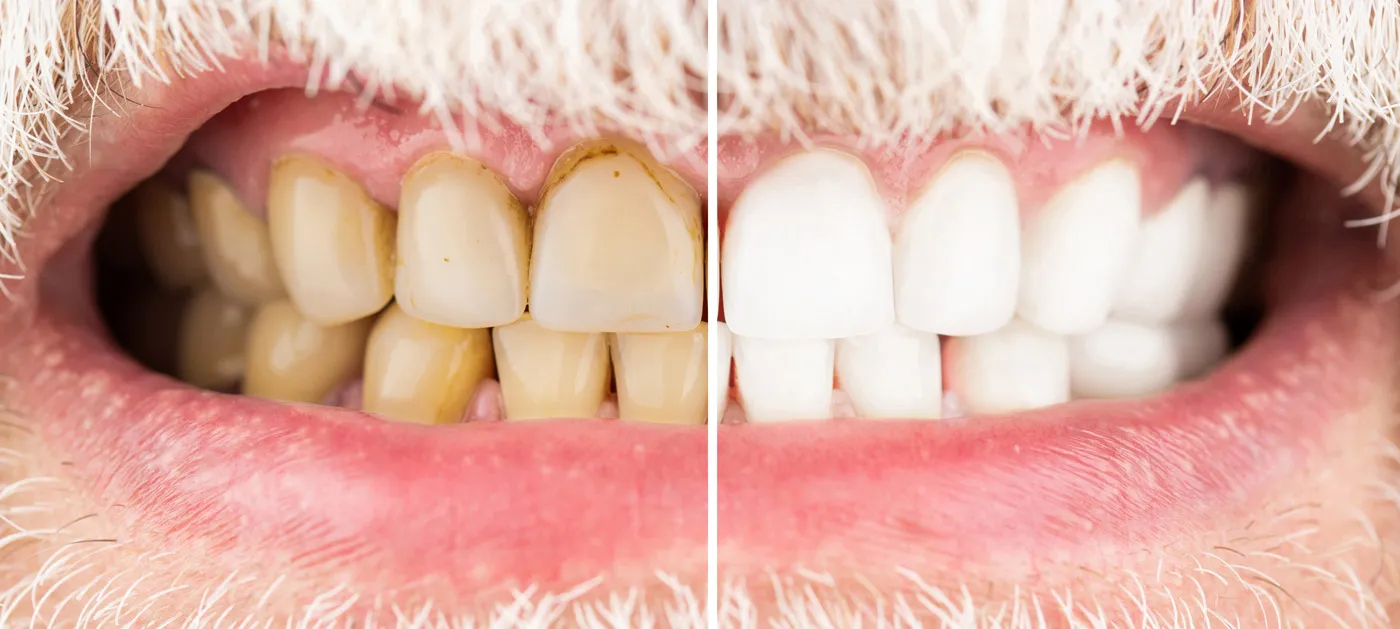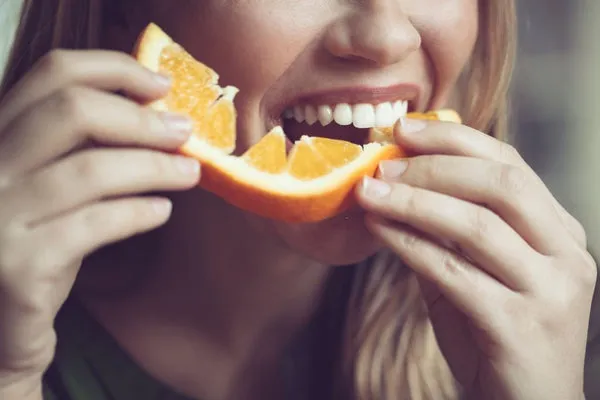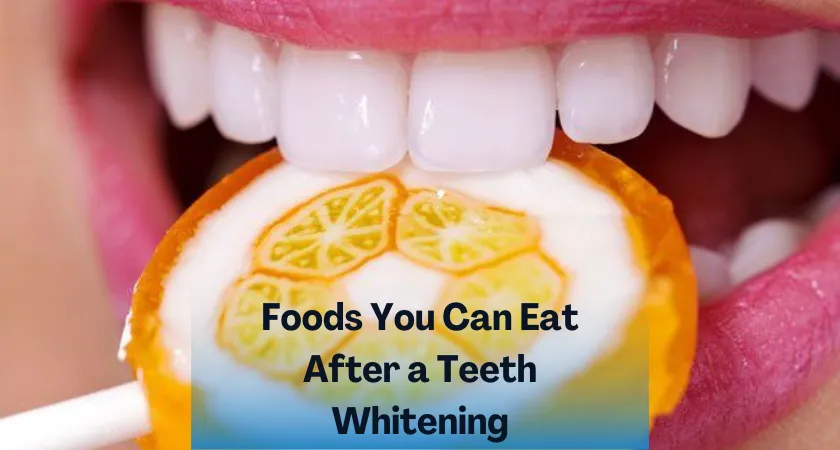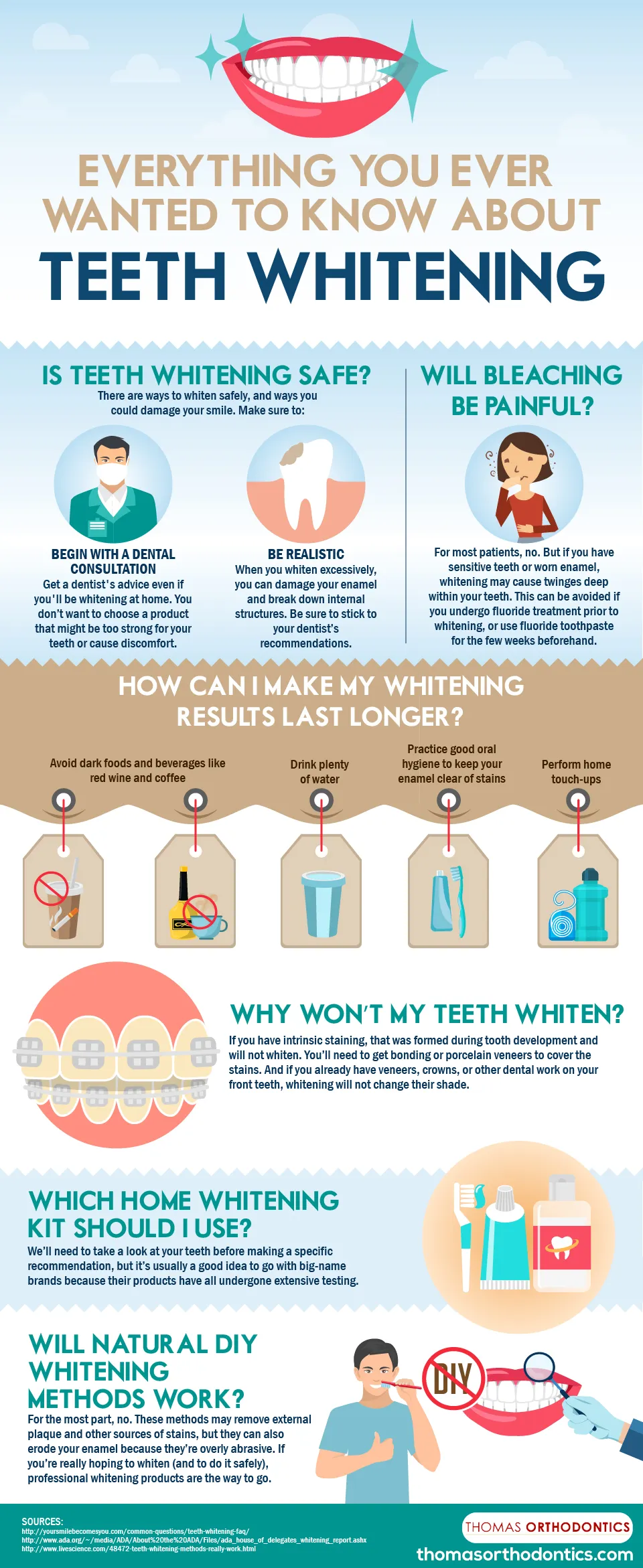Understanding Teeth Whitening and Dietary Restrictions
Teeth whitening treatments, whether performed professionally or at home, are designed to remove stains and discoloration from your teeth. However, the process can temporarily make your teeth more porous and susceptible to staining. This is why following a specific diet after teeth whitening is crucial. The enamel, after the whitening process, is more vulnerable to absorbing pigments from the foods and drinks you consume. This increased porosity means that dark-colored substances can easily penetrate the enamel, undoing the whitening effects and potentially causing new stains. Understanding these dietary restrictions helps maximize the results of your whitening treatment and maintain a brighter, more confident smile.
The Importance of Diet After Teeth Whitening
Adhering to a post-whitening diet is not just about preventing stains; it’s about preserving the investment you’ve made in your smile. The first few days after teeth whitening are the most critical. During this time, your teeth are most vulnerable, and what you eat and drink will significantly impact the longevity of your results. By avoiding staining foods and drinks, you give your teeth the best chance to maintain their new, brighter appearance. Furthermore, following the dietary guidelines can also contribute to your overall oral health, as it encourages you to focus on consuming foods that are beneficial for your teeth and gums. This dietary approach not only enhances the aesthetic outcome of teeth whitening but also supports long-term oral hygiene practices.
Why Certain Foods Stain Teeth

Certain foods and drinks contain chromogens, which are pigment-producing substances. These chromogens can easily adhere to the porous surface of your teeth, causing stains. Tannins, found in many beverages like coffee and tea, also contribute to staining by helping chromogens bind to the teeth. The acidity of some foods and drinks can further erode the enamel, making it easier for stains to penetrate. The darker the color of the food or drink, the higher the concentration of these staining agents, and the greater the potential for staining. This is why it is essential to be mindful of what you consume, especially in the days following a teeth whitening treatment, to protect your investment and achieve the desired results.
Foods to Eat After Teeth Whitening
Choosing the right foods after teeth whitening is essential to protect your newly whitened smile. A general rule of thumb is to stick to white, clear, and neutral-colored foods. These foods are less likely to contain staining agents and will help maintain the brightness of your teeth. Remember, the goal is to avoid anything that could potentially discolor your teeth while they are most vulnerable. By making careful food choices, you can ensure that your teeth stay bright and your smile remains radiant, maximizing the effectiveness of your teeth whitening treatment.
White and Neutral-Colored Foods
Focusing on white and neutral-colored foods is a safe bet when considering what to eat after teeth whitening. Think of foods like white rice, plain pasta, and white bread. Steamed or boiled potatoes without the skin can also be a good option. These foods lack strong pigments and are unlikely to cause any staining. When preparing meals, consider incorporating cauliflower, which is also a neutral color and a good source of nutrients. By sticking to these types of foods, you can minimize the risk of staining and help maintain the results of your teeth whitening treatment. Remember to avoid any sauces or toppings that could contain staining ingredients.
Dairy Products

Dairy products are generally safe to consume after teeth whitening and can be a valuable addition to your diet. Milk, yogurt, and white cheeses like mozzarella or cottage cheese are good choices. Dairy products are often low in staining pigments and can even help protect your teeth due to their calcium content. Calcium strengthens tooth enamel, making it less susceptible to stains. Be mindful, however, of any added flavors or colorings in your dairy products, as these could contain staining agents. Opting for plain or naturally white options will ensure you are making the best choice for your newly whitened teeth.
Clear Beverages
Sticking to clear beverages is crucial during the recovery period after teeth whitening. Water is the best choice as it is free of any pigments and helps keep you hydrated. Clear soda, such as Sprite or 7-Up, can be consumed in moderation. Avoid any dark-colored or artificially colored drinks. It’s also important to avoid drinks that are highly acidic, as they can weaken the enamel. When in doubt, water is always the safest and most beneficial option for maintaining your bright smile. Always prioritize clear, non-staining beverages to protect the results of your teeth whitening.
Foods to Avoid After Teeth Whitening
Avoiding certain foods is as important as knowing what to eat. Staining foods can compromise the results of your teeth whitening treatment and potentially cause new stains. This list includes foods and drinks that are known to stain teeth, along with some tips on how to avoid them. By carefully avoiding these items, you can safeguard your investment and maintain a brighter, more confident smile. The first few days following your teeth whitening treatment are crucial, so vigilance in your dietary choices is vital for optimal results.
Highly Pigmented Foods

Highly pigmented foods are the primary culprits when it comes to staining your teeth. Berries, such as blueberries, strawberries, and raspberries, are known for their rich pigments and should be avoided. Dark sauces like soy sauce, balsamic vinegar, and tomato-based sauces also pose a significant risk. Additionally, foods with bright colors, such as beets and carrots, can cause staining. It is generally advisable to steer clear of any food that could stain a white shirt or a white surface. Being aware of these foods and their potential impact will help you protect the results of your teeth whitening treatment.
Dark-Colored Beverages
Dark-colored beverages are notorious for staining teeth, and they should be completely avoided in the days following your teeth whitening treatment. Coffee and tea are major staining agents due to their high tannin content. Red wine, with its deep color and tannins, is another beverage to avoid. Dark juices, such as grape juice and cranberry juice, can also stain your teeth. Instead, opt for clear beverages like water or clear soda to maintain your bright smile. Remembering these beverage restrictions will help you protect the results of your teeth whitening and keep your smile looking its best.
Foods with Artificial Colors
Foods with artificial colors should also be avoided after teeth whitening. Many processed foods and candies contain artificial dyes that can stain your teeth. Consider the potential impact of brightly colored sweets, such as hard candies, lollipops, and artificially colored ice cream. These items often contain pigments that can easily attach to your teeth. It’s best to opt for naturally colored foods or snacks without artificial dyes to protect your newly whitened smile. Reading labels carefully and choosing foods that are naturally white or clear will significantly minimize the risk of staining.
Drinks to Avoid

In addition to the beverages mentioned previously, there are other drinks to avoid post-whitening. This includes dark sodas, such as cola, which contain both colorants and acids that can damage the enamel. Sports drinks, which are often highly colored, should also be avoided. While some fruit juices might seem healthy, many contain high levels of sugar and pigments that can stain your teeth. Always choose water as your primary beverage to maintain a bright and healthy smile. Avoiding these drinks is essential to protect your teeth and prolong the effects of your teeth whitening treatment.
Tips for Maintaining a Bright Smile
Maintaining a bright smile after teeth whitening requires consistent care and attention. In addition to following the dietary guidelines, incorporating good oral hygiene practices and regular dental check-ups can significantly extend the results of your treatment. By making these practices a regular part of your routine, you can ensure your smile remains bright and your teeth stay healthy for the long term.
Oral Hygiene Practices
Brushing your teeth twice a day with a whitening toothpaste is a fundamental oral hygiene practice. Use a soft-bristled toothbrush and brush gently for two minutes each time to avoid damaging your enamel. Flossing daily is also essential to remove plaque and food particles from between your teeth, where a toothbrush cannot reach. Consider using a mouthwash specifically designed for teeth whitening. Rinse your mouth with water after consuming any food or drink, especially if it has the potential to stain your teeth. These simple, consistent oral hygiene practices are crucial for maintaining a bright and healthy smile long after your teeth whitening treatment.
Regular Dental Check-ups

Regular dental check-ups and professional cleanings are vital for maintaining your bright smile and overall oral health. During these appointments, your dentist can remove any surface stains that have accumulated and assess your teeth for any potential issues. They can also provide personalized advice on how to best care for your teeth based on your specific needs. Professional teeth cleaning helps remove plaque and tartar buildup, which can dull the appearance of your teeth. Schedule check-ups every six months or as recommended by your dentist to ensure your smile remains bright and healthy. This proactive approach ensures long-term success and preserves the investment in your teeth whitening.
Staying Hydrated
Staying hydrated is not only beneficial for your overall health but also plays a crucial role in maintaining a bright smile. Drinking plenty of water helps to wash away food particles and bacteria, preventing the formation of stains and plaque. Water also stimulates saliva production, which naturally cleanses your mouth and neutralizes acids that can erode enamel. Make sure to drink water throughout the day, especially after meals or snacks. By staying adequately hydrated, you support good oral hygiene and promote a healthy and radiant smile, enhancing the results of your teeth whitening treatment.
